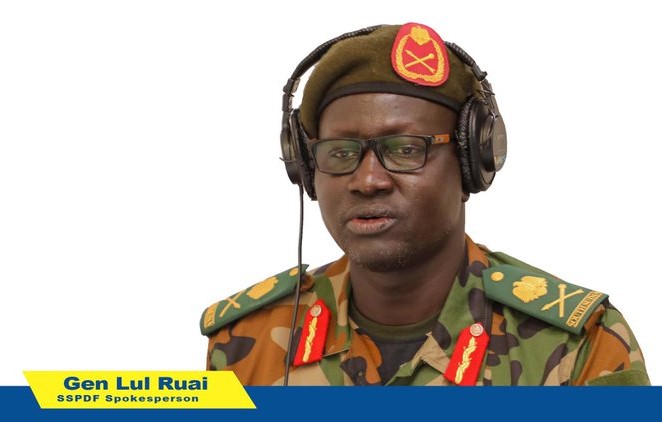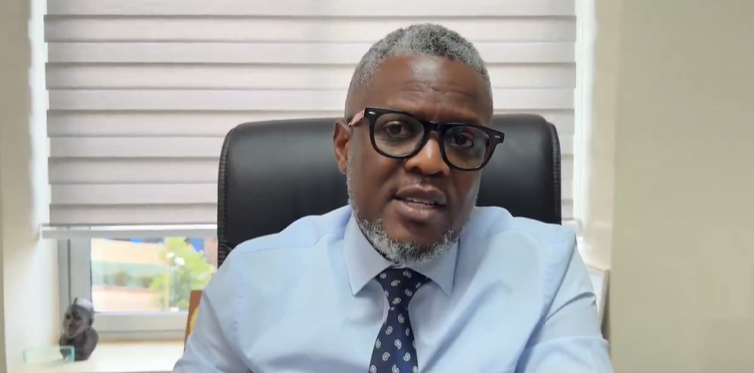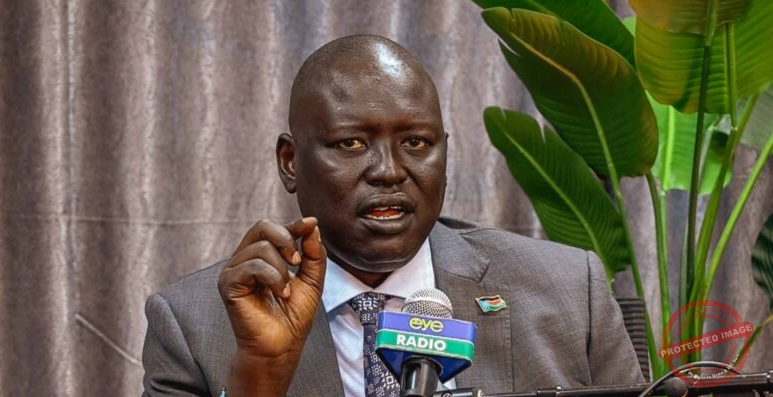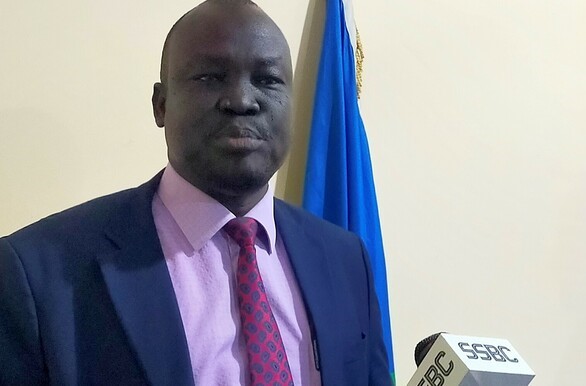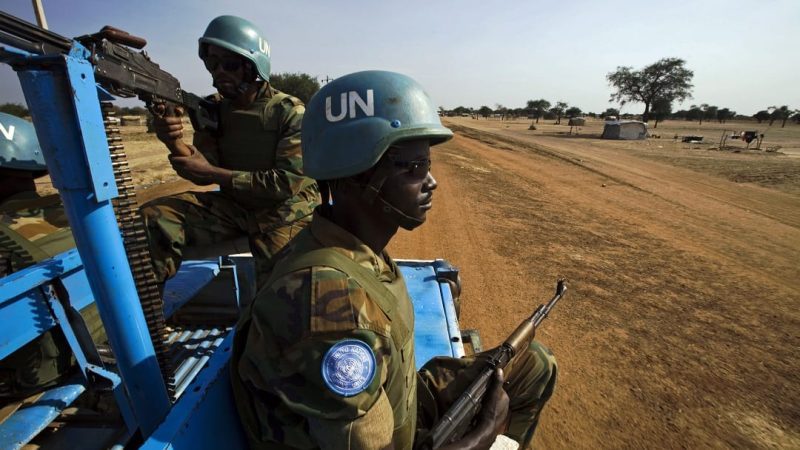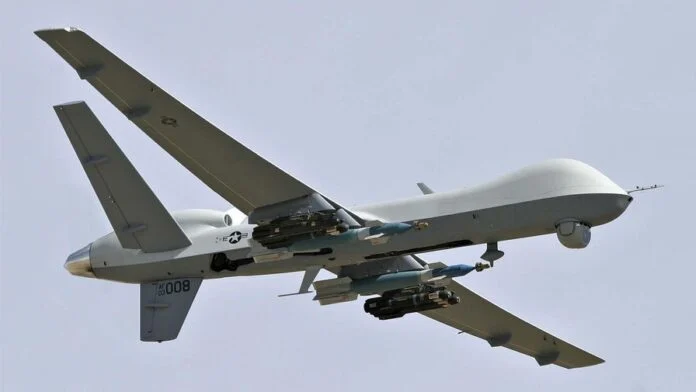With violence and chaos engulfing Sudan, South Sudan authorities and their partners are braced for a wave of refugees and returnees in search of safety and functioning basic services.
On Tuesday, South Sudan’s Ministry of Humanitarian Affairs and the United Nations Office for the Coordination for Humanitarian Affairs (UNOCHA) agreed on how to coordinate and receive those fleeing the war in Sudan.
Speaking to reporters after a meeting in Juba, Humanitarian Affairs Minister Albino Akol Atak said the country is receiving an influx of people who fled from the ongoing conflict in Sudan.
He revealed that as of yesterday, Renk County of Upper Nile State has received 9,000 people of different nationalities, including Sudanese, Kenyans, Ugandans, Ethiopians and South Sudanese.
“In Renk alone up to now, about 9,000 people have arrived through the entry point of Renk and you can see maybe today 1,000 people come,” Akol said.
“We have divided those who have arrived into three categories. Those who are vulnerable, who don’t have where to go, those who have where to go they have their own ability to go and those we consider as refugees. Those who are coming from Sudan to South Sudan, we consider them refugees,” Akol added.
For his part, Acting Humanitarian Coordinator for South Sudan Peter Van der Auweraert said the United Nations is working in coordination with South Sudan to provide basic services to the conflict-affected people.
“We are already working, we have the government and the UN. We have teams on the ground, mostly Renk because most of the people have arrived in Renk so far from Khartoum and we have people there to help vulnerable people there to transport them from the border to Renk to provide them with the basic services that they need before they can move on,” Auweraert.
On April 15, violent clashes between the Sudanese regular armed forces and the powerful RSF broke out, with the epicentre in Khartoum. The military accused the RSF of mutiny and launched airstrikes against their bases.
Abdel Fattah Burhan, the head of the Sudanese military, issued a decree disbanding the RSF. The parties have introduced a number of temporary nationwide ceasefires since then, but they have not contributed to the settlement of the conflict yet.


